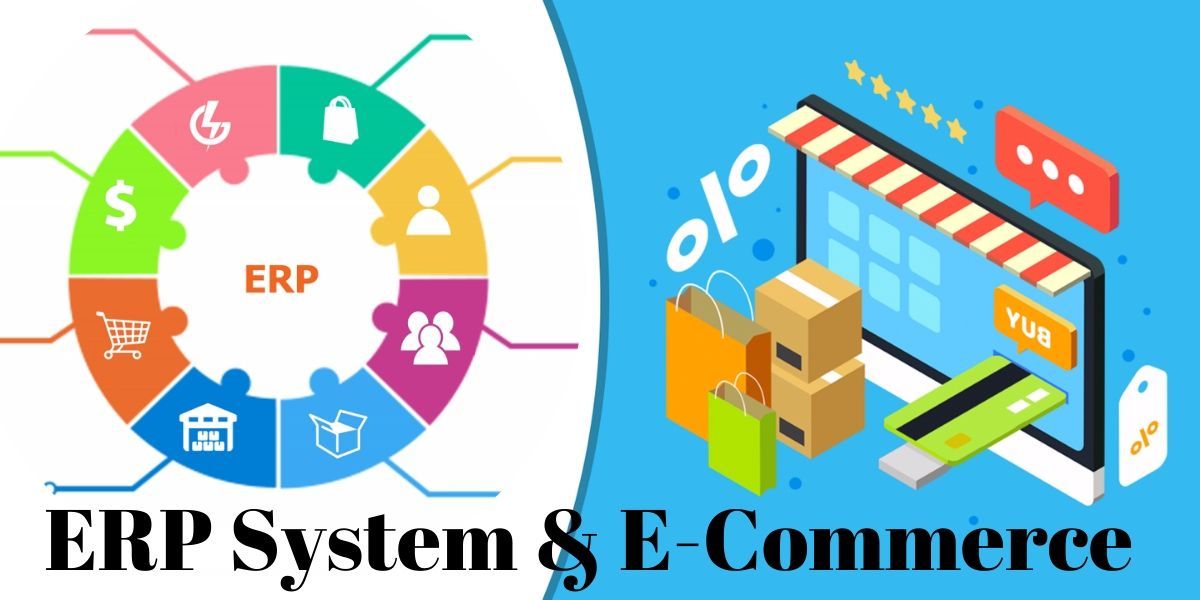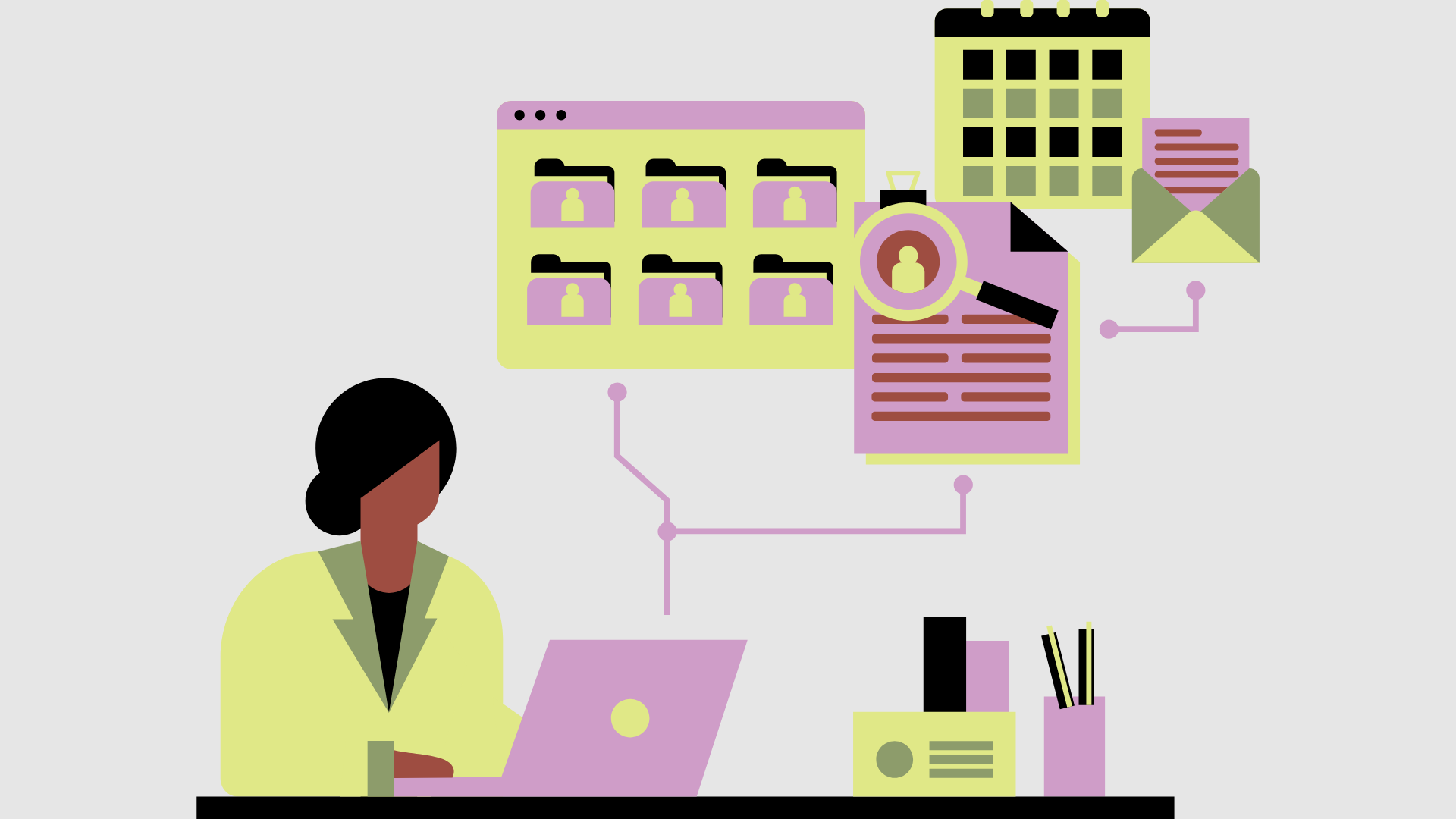The E-commerce sector is flourishing, presenting numerous possibilities for businesses to connect with fresh clientele, broaden their market presence, and enhance their earnings. Nonetheless, engaging in e-commerce brings forth various challenges, including the management of diverse sales channels, order fulfillment, inventory tracking, customer service, and adherence to tax and legal regulations. These obstacles have the potential to overwhelm businesses, impeding their growth prospects. Enter E-commerce ERP (Enterprise Resource Planning) solutions – robust software systems designed to integrate and automate various business processes across different departments and functions.
The Power of E-commerce ERP: Overcoming Challenges
Centralizing and Synchronizing Data:
E-commerce ERP solutions collect and store data from diverse sources, such as online stores, marketplaces, social media, and third-party applications. By making this data accessible and consistent across the organization, these solutions eliminate data silos, reduce errors, and enhance data quality and security.
Automating and Streamlining Workflows:
From order processing and inventory management to shipping, invoicing, and reporting, E-commerce ERP solutions automate and streamline various tasks and processes. This not only reduces manual work and human errors but also saves time, money, and resources, thereby increasing overall efficiency and productivity.
Improving Customer Experience:
E-commerce ERP solutions enhance customer experience by providing faster and more accurate order fulfillment, real-time inventory and shipping updates, personalized marketing and communication, and seamless customer service and support. These improvements contribute to increased customer satisfaction, loyalty, and retention, generating more sales and referrals.
Enhancing Decision-Making Capabilities:
By providing valuable insights and analytics on various aspects of the business, such as sales performance, customer behavior, inventory levels, cash flow, and profitability, E-commerce erp solutions empower businesses to make informed and data-driven decisions. This optimization of strategies and operations is essential for sustained growth.
Illustrating the efficacy of E-commerce ERP solutions, real-world examples include:
Zappos: The online retailer of shoes and clothing utilizes e-commerce erp solutions to manage inventory, orders, and customer service across multiple warehouses and distribution centers. This enables Zappos to offer free shipping, free returns, and exceptional customer service.
Lush: The cosmetics company manages its global supply chain, production, and distribution using e-commerce erp solutions. This ensures the freshness and quality of its products, reduces waste, and provides personalized and ethical shopping experiences.
Lego: The toy company employs e-commerce erp solutions to manage online and offline sales, inventory, and customer service. This allows Lego to offer customized and personalized products, online games, and loyalty programs, fostering a loyal and engaged customer base.
Key Features of Powerful E-commerce ERP Solutions
Inventory Management:
Tracking and controlling the quantity, location, and status of products across multiple sales channels, warehouses, and locations is vital for E-commerce businesses. E-commerce ERP solutions aid in managing inventory levels, reducing errors, and optimizing costs.
Customer Relationship Management (CRM):
Managing and improving interactions and relationships with customers is essential for E-commerce businesses. E-commerce ERP solutions help in managing customer data, creating personalized marketing campaigns, and ensuring consistent customer service.
Order and Shipping Management:
Efficiently managing and fulfilling orders, tracking shipments, and providing real-time updates to customers are critical for E-commerce success. E-commerce ERP solutions aid businesses in optimizing order and shipping processes.
Accounting and Financial Management:
Compliance with tax and legal regulations, monitoring financial transactions, and planning for future growth are crucial for E-commerce businesses. This solution in managing accounting and financial activities, automating tasks, and reducing errors and fraud.
Benefits of Using ERP Solutions
Increased Efficiency:
Automation and streamlining of workflows result in increased efficiency by reducing manual work and human errors. This saves time, money, and resources.
Improved Customer Satisfaction:
Real-time updates, personalized communication, and seamless support contribute to improved customer satisfaction, fostering loyalty and increasing referrals.
Enhanced Decision-Making Capabilities:
This solution provides valuable insights and analytics, empowering businesses to make informed and data-driven decisions on sales performance, customer behavior, inventory levels, cash flow, and profitability.
Implementing ERP Solutions
Plan and Prepare:
Define project objectives, scope, budget, timeline, and resources. Analyze the current business situation, involve stakeholders, and gather feedback and buy-in for the project.
Select and Customize:
Compare and evaluate different E-commerce ERP solutions. Choose the one that aligns with business needs and goals. Customize and configure the solution to match specific business requirements and preferences.
Migrate and Integrate:
Migrate and integrate data and systems to the E-commerce erp solution. Ensure data accuracy, completeness, and consistency. Backup and secure data and systems.
Address Technical Issues:
Anticipate and address technical issues, including data loss, system incompatibility, security breaches, and performance degradation. Monitor and troubleshoot issues during the implementation process.
Manage Costs and Delays:
Plan for potential cost overruns and delays by defining project objectives, scope, budget, timeline, and resources. Manage and control the project, track and report progress, and minimize changes or deviations from the original plan.
Conclusion
E-commerce ERP solutions emerge as indispensable tools, enabling businesses to overcome the challenges inherent in the E-commerce landscape. These solutions centralize data, streamline workflows, enhance customer satisfaction, and empower informed decision-making. For a powerful and reliable E-commerce ERP solution, consider Onextdigital – a top-tier provider poised to assist businesses in achieving their e-commerce goals.







